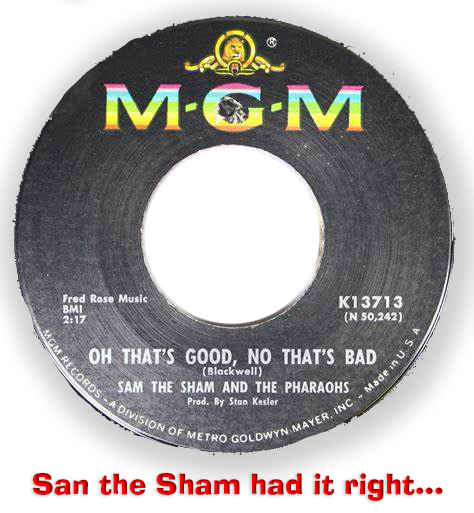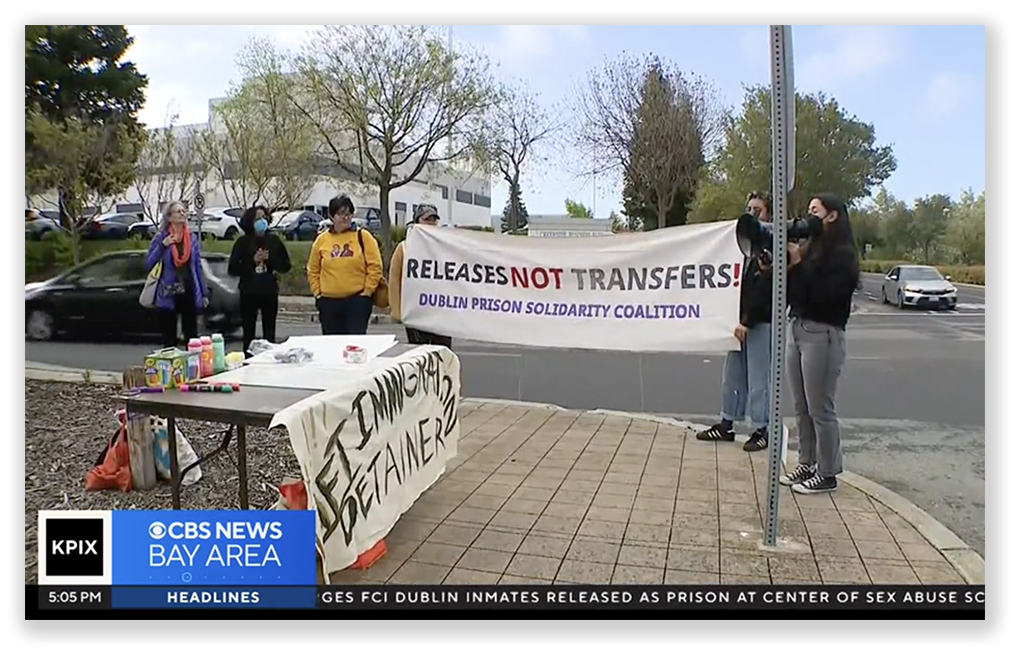We post news and comment on federal criminal justice issues, focused primarily on trial and post-conviction matters, legislative initiatives, and sentencing issues.

THE FUTURE OF GUNS
 I got an email last week from a Georgia friend who’s been home for about eight years from serving a 30-year on a crack conspiracy, asking whether it was true that an appeals court said he could once again own a shotgun and pursue his passion for duck hunting (a passion not shared by the ducks themselves).
I got an email last week from a Georgia friend who’s been home for about eight years from serving a 30-year on a crack conspiracy, asking whether it was true that an appeals court said he could once again own a shotgun and pursue his passion for duck hunting (a passion not shared by the ducks themselves).
I explained that what he had read about, the 9th Circuit’s United States v. Duarte decision, did not necessarily say that and–even if it had–the last word hasn’t yet been written about the 2nd Amendment and 18 USC § 922(g)(1)’s felon-in-possession statute.
The May 9th Duarte decision had a 3-judge panel split 2-1, with the majority holding that the 2nd Amendment does not necessarily exclude people formerly convicted of felonies: New York State Rifle & Pistol Assn v. Bruen’s “scattered references to ‘law-abiding’ and ‘responsible’ citizens did not implicitly decide the issue in this case., the Court said. In the 2008 District of Columbia v. Heller decision, the Supreme Court made passing reference to the “presumptive[] lawful[ness]” of felon firearm bans, but the Duarte majority said the presumption “will no longer do after Bruen,” given Bruen’s call for a historical analysis and that the “felon firearm ban[] was never an issue the Heller Court purported to resolve.”
Eugene Volokh, a constitutional law professor at UCLA, told Courthouse News Service that Duarte “is a shift in Ninth Circuit law, and it differs from the view adopted by many circuits… However, it’s similar to what the Philadelphia-based 3rd Circuit decided last year in Range v. Attorney General.“
 Duarte leaves open the possibility that felons convicted of violent crimes could still be prohibited from owning firearms. What’s more, the government wasted no time, last week filing a Petition for Rehearing En Banc and for Expedited Order Vacating Panel Opinion that asks the 9th Circuit for en banc review of Duarte. Appellant Steve Duarte has been ordered to file an opposition by May 30th.
Duarte leaves open the possibility that felons convicted of violent crimes could still be prohibited from owning firearms. What’s more, the government wasted no time, last week filing a Petition for Rehearing En Banc and for Expedited Order Vacating Panel Opinion that asks the 9th Circuit for en banc review of Duarte. Appellant Steve Duarte has been ordered to file an opposition by May 30th.
En banc review may be put on hold pending the Supreme Court decision in the United States v. Rahimi decision, due any time before the end of June. The Rahimi case considers the constitutionality of a law banning gun possession by people subject to domestic violence restraining orders. Volokh said, “The question in Rahimi and the question in this case aren’t identical, but they share considerable similarities.”
 For now, both Range and Duarte are “as applied” cases, not holding that § 922(g)(1) is unconstitutional on its face, that is, in every circumstance, but rather only “as applied to the one’s own particular conduct.” In Range, the petitioner had been convicted 25 years before on a food-stamp misdemeanor that carried a possible 2-year sentence (and thus fell under § 922(g)(1)’s prohibition). The Duarte majority held that the defendant lacked any violent crime conviction (despite the fact that one of his priors was for fleeing and eluding, which sounds like more than a simple jaywalking to avoid a cop on the same sidewalk Steve was on).
For now, both Range and Duarte are “as applied” cases, not holding that § 922(g)(1) is unconstitutional on its face, that is, in every circumstance, but rather only “as applied to the one’s own particular conduct.” In Range, the petitioner had been convicted 25 years before on a food-stamp misdemeanor that carried a possible 2-year sentence (and thus fell under § 922(g)(1)’s prohibition). The Duarte majority held that the defendant lacked any violent crime conviction (despite the fact that one of his priors was for fleeing and eluding, which sounds like more than a simple jaywalking to avoid a cop on the same sidewalk Steve was on).
The § 922(g)(1) tide may be turning, but no one should feel as though it’s open season on gun ownership just yet, or–more to the point–that a felon-in-possession conviction is open to a successful constitutional attack.
Reason, Volokh: Ninth Circuit Panel Concludes That Some Felons May Have Second Amendment Rights (May 9, 2024)
Courthouse News Service, 9th Circuit finds that convicted felons also have Second Amendment rights (May 9, 2024)
Ammoland, Court Finds Convicted Felons have Second Amendment Rights (May 15, 2024)
New York Law Review, The Dog That Didn’t Bark Is Rewriting the Second Amendment (May 5, 2024)
ABA Journal, Ban on gun possession by felons is unconstitutional as applied to some offenders, 9th Circuit rules (May 13, 2024)
– Thomas L. Root





















